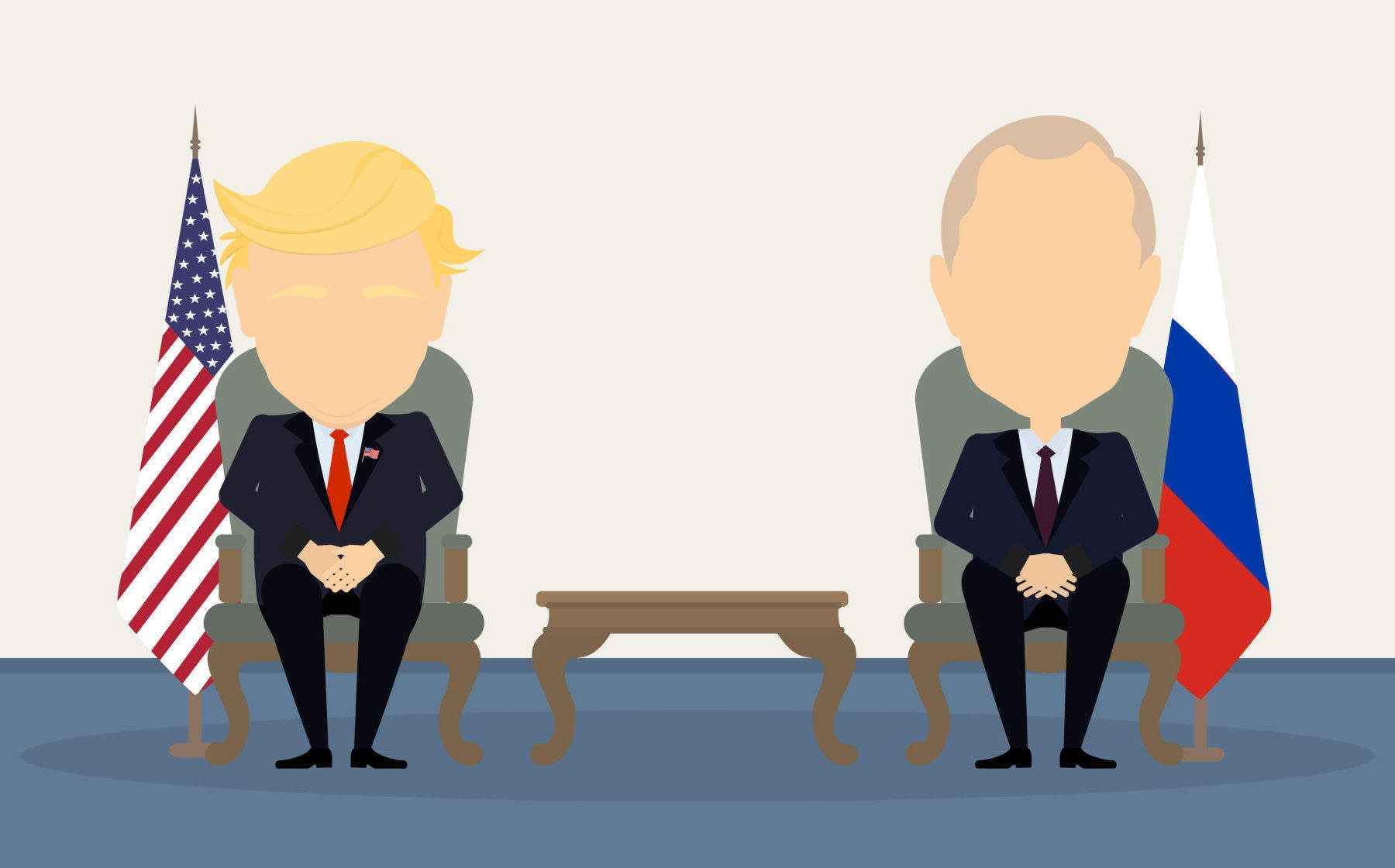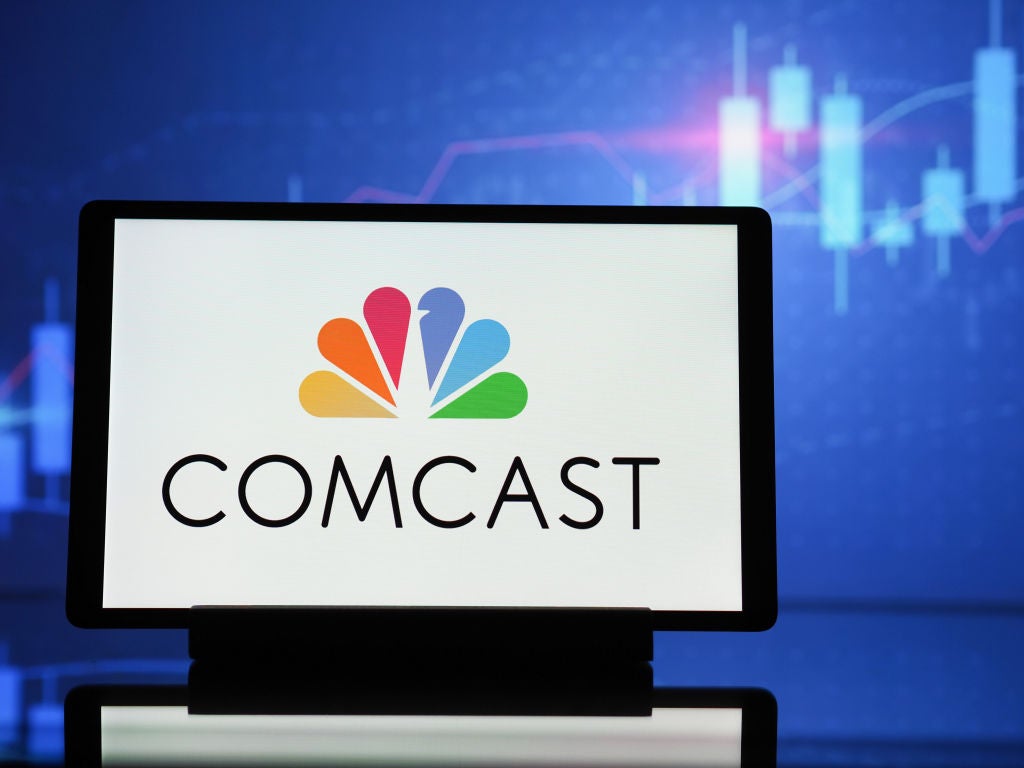
A director of a major cybersecurity provider has branded a US-Russia election cybersecurity taskforce as “counterproductive and dangerous” after Russian President Vladimir Putin suggested the two countries should work more closely together to investigate Russian meddling in the US election.
Speaking at a news conference after Monday’s Helsinki summit, Putin offered to allow US investigators to visit Russia to question officers. In exchange, Russia would want similar access to people in the US it suspects of criminal activity.
“Any specific material, if such things arise, we are ready to analyse together,” said Putin.
“For instance, we can analyse them through the joint working group on cybersecurity, the establishment of which we discussed during our previous contacts.”
Putin was referring to his meeting with Trump in July last year, after which Trump proposed forming an “impenetrable [cybersecurity] unit” with Russia. The proposal drew strong bipartisan criticism at the time.
Putin & I discussed forming an impenetrable Cyber Security unit so that election hacking, & many other negative things, will be guarded..
How well do you really know your competitors?
Access the most comprehensive Company Profiles on the market, powered by GlobalData. Save hours of research. Gain competitive edge.
 Company Profile – free sample
Company Profile – free sampleThank you!
Your download email will arrive shortly
Not ready to buy yet? Download a free sample
We are confident about the unique quality of our Company Profiles. However, we want you to make the most beneficial decision for your business, so we offer a free sample that you can download by submitting the below form
By GlobalData— Donald J. Trump (@realDonaldTrump) July 9, 2017
US-Russia election cybersecurity taskforce would favour Putin
Priscilla Moriuchi, director of Strategic Threat Development at Recorded Future, warned that a US-Russia election cybersecurity taskforce would “put American citizens and businesses at even greater risk of attack.”
Morichi pointed to the control of information by authoritarian states such as Russia as an area of concern.
“Putin does not seek transparency in cyber operations with the United States, he seeks an advantage in what he views as a zero-sum power struggle with the West,” she said.
“A joint cyber operations working group would grant him that advantage.”
She believes that there are cyber areas that the US and Russia can work together on, though, such as “cyber operations in wartime, attacks on critical infrastructure, and cyber-enabled intellectual property theft”.
However, Russia forming a joint taskforce to investigate its own alleged crimes would do more harm than good, warned Morichi.
“Operating a joint working group on cybersecurity in order to examine the digital and forensic evidence of Russian interference in the 2016 US election would be both counterproductive and dangerous,” she said.
Trump contradicts US intelligence agencies
After two hours of closed-door talks in Helsinki, Trump appeared to contradict the US intelligence agencies’ view that Russia meddled in the 2016 US elections.
“President Putin says it’s not Russia. I don’t see any reason why it would be,” said Trump at the news conference.
Trump’s comments drew sharp criticism back in the US, with former CIA director John O Brennan branding them “imbecilic” and “treasonous”.
Later, Trump appeared to backtrack, tweeting:
“I have GREAT confidence in MY intelligence people. However, I also recognize that in order to build a brighter future, we cannot exclusively focus on the past – as the world’s two largest nuclear powers, we must get along!”
US intelligence agencies have been unwavering in their view that Russia interfered in the 2016 presidential election.
In 2017, the intelligence community released a report that made this view clear in no uncertain terms:
“We assess Russian President Vladimir Putin ordered an influence campaign in 2016 aimed at the US presidential election. Russia’s goals were to undermine public faith in the US democratic process, denigrate Secretary Clinton, and harm her electability and potential presidency. We further assess Putin and the Russian Government developed a clear preference for President-elect Trump.”
Days ago the US Department of Justice indicted 12 Russian intelligence officials for hacking the Democratic National Committee in 2016.
Read more: Trump: Soft Brexit trade with UK will “absolutely be possible”





